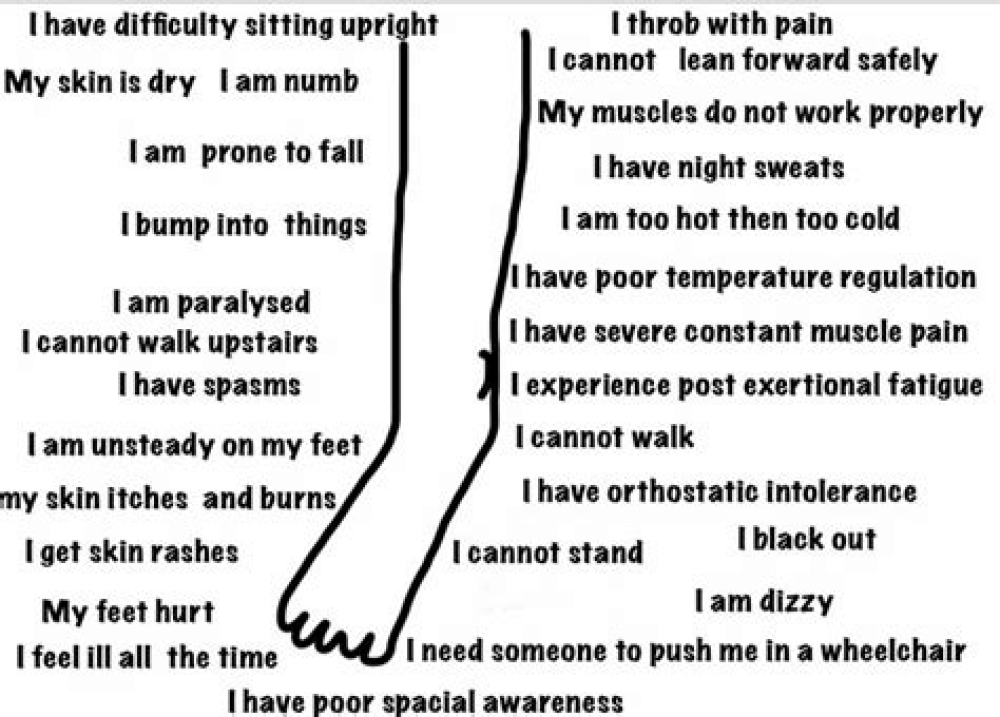Modern medicine has faced its biggest challenge from the smallest of organisms. It is becoming increasingly apparent that many patients who recovered from the acute phase of the SARS-CoV-2 infection have persistent symptoms. This includes clouding of mentation, sleep disturbances, exercise intolerance and autonomic symptoms (table 1). Some also complain of persistent low grade fever and lymphadenopathy. Although there are no peer reviewed papers at the moment on these patients, many news articles have been written about this phenomenon1,–,4 and there are Facebook groups with several thousand patients describing these symptoms. They call the illness, “Long-Haul COVID” or “Long-tail COVID.” Many of these patients are health care workers who had massive exposure to the virus early in the pandemic and describe having symptoms for “100+ days.”5
Most of these patients were in excellent health prior to getting infected with SARS-CoV-2. They all had a myriad of symptoms during the acute phase. However as the fever and respiratory symptoms improved, they are left with persistent systemic symptoms some of which are gradually improving but not all are following that course. Still others feel they had nearly recovered from the acute illness and then a few days later, developed a plethora of symptoms that are now persisting. Some describe a cyclical nature to their symptoms where they improve and then worsen every few days. While some were admitted to the hospital due to pulmonary symptoms, the majority were isolated at home. Access to testing and medical care has been limited and most appointments with physicians are being done via telemedicine which has its limitations. Some patients have had extensive testing by internists, infectious disease specialists, cardiologists and pulmonary medicine experts but nothing has been found to explain the symptoms.5 These patients, some of whom are physicians themselves are concerned that they could be stigmatized as being “functional.” Many of these symptoms overlap with those of patients with myalgic encephalomyelitis/chronic fatigue syndrome (ME/CFS).6,7 However one needs to be careful not jump to the conclusion that they have ME/CFS unless other possible causes of their symptoms have been investigated (table 2).

The cause of ME/CFS remains unknown despite decades of research on the syndrome. Many patients with ME/CFS similarly report a viral infection as a trigger but since they come to our attention often years after symptom onset, it is impossible to know what may have triggered the symptoms.8 Long-Haul COVID thus represents an excellent opportunity to study the pathophysiology of ME/CFS and in doing so may have broader implications.
For More Information: https://n.neurology.org/content/95/13/559
